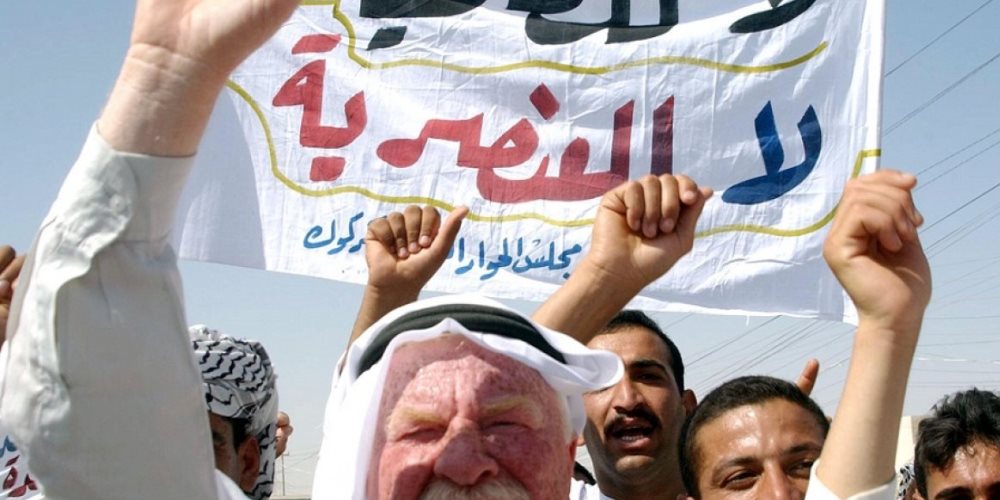In Middle East politics, religious sects have played a key role in shaping the internal and foreign policies of regional actors, during the Arab Spring in particular. It is generally accepted that the Middle Eastern countries, primarily Iran and Saudi Arabia, have developed sectarian reflexes toward the developments in the region and engage in so-called sectarian policies.
The perceptions held by various sects of Muslim peoples of the region, particularly Sunnis, Shiites, and Salafis toward each other, have significantly deteriorated in recent times. That seems to confirm the general acceptance noted above, that sectarian factors have played a role in shaping the regions’ politics. As an example of a radically changing perception, Hezbollah of Lebanon has recently transformed into a much hated actor in the eyes of Sunnis, whereas prior to the Arab Revolutions it was generally regarded as an organization heroically resisting Israeli aggression. Thus, Hezbollah and Iran are being accused of pursuing “sectarian politics.”
[Politics Today, May 09, 2016]

